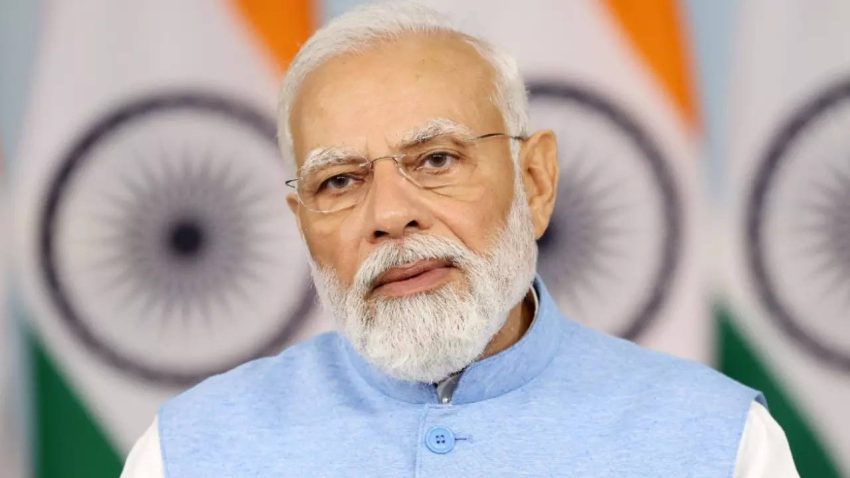India, the world’s largest democracy, is contemplating a significant change that could reshape its national identity. The proposal to rename the country as Bharat and amend the Constitution has gained momentum, with prominent figures and leaders endorsing this transition. This article explores the potential consequences of India’s rebranding and draws parallels with the rebranding of Swaziland to Eswatini, offering insights for other nations.
The Call for Bharat
The demand to rename India as Bharat stems from the belief that it better reflects the nation’s ancient heritage and cultural roots. Figures such as RSS chief Mohan Bhagwat and Prime Minister Narendra Modi have emphasized the historical significance of the name Bharat. Their endorsement has garnered attention and support from a wide range of individuals and organizations.

Symbolic Gestures and Political Sentiment
The symbolic gestures associated with the rebranding are noteworthy. Prime Minister Modi’s appeal for freedom from slavery echoes the sentiment of embracing India’s indigenous identity. The inscription of “Bharat” on the special aircraft currently being used by the country’s top leaders further reinforces this symbolic shift. These gestures indicate a desire to reconnect with India’s historical and cultural legacy.
The Parliamentary Session and Constitutional Amendment
As India’s special session of Parliament approaches, speculation surrounds the possibility of a constitutional amendment bill to effect the name change. Advocates argue that a single, indigenous name for the country will instill a sense of national pride and strengthen the Indian National Brand. While the agenda for the session is yet to be released, the proposed bill demonstrates the seriousness of the rebranding initiative.

Implications for the Indian National Brand
The rebranding of India as Bharat carries significant implications for the Indian National Brand. By aligning the country’s name with its rich cultural heritage, India aims to enhance its global reputation and create a unique brand identity. This shift can evoke a sense of unity among Indians and foster a stronger national identity. The Indian National Brand, with its diverse cultural tapestry, can emerge as a symbol of resilience, tradition, and progress.

Lessons from Swaziland’s Rebranding to Eswatini
The example of Swaziland’s rebranding to Eswatini offers valuable insights. In 2018, the African nation changed its name to reflect its cultural heritage and break away from colonial associations. Eswatini’s rebranding aimed to promote national identity, preserve cultural values, and attract investment. India can learn from this experience, particularly in terms of managing the transition effectively, communicating the rationale behind the change, and leveraging the rebranding to enhance its international standing.

Global Implications
The rebranding of India as Bharat has the potential to inspire other nations to reassess their national identities. It highlights the significance of cultural heritage, indigenous values, and historical legacies in shaping a country’s brand. Governments worldwide can learn the importance of aligning national names with local cultures and traditions and leveraging their unique attributes to enhance global recognition.
India’s potential transformation from India to Bharat signifies a deep-rooted desire to embrace its cultural heritage and shape a distinct national identity. The rebranding initiative carries implications for the Indian National Brand, inspiring national pride and unity. The global community can draw lessons from India’s journey, considering the significance of cultural heritage in national branding. As India embarks on this transformative path, the world watches with curiosity and anticipation, eager to witness the impact of Bharat on the Indian and global stage.
Source: Economic Times





